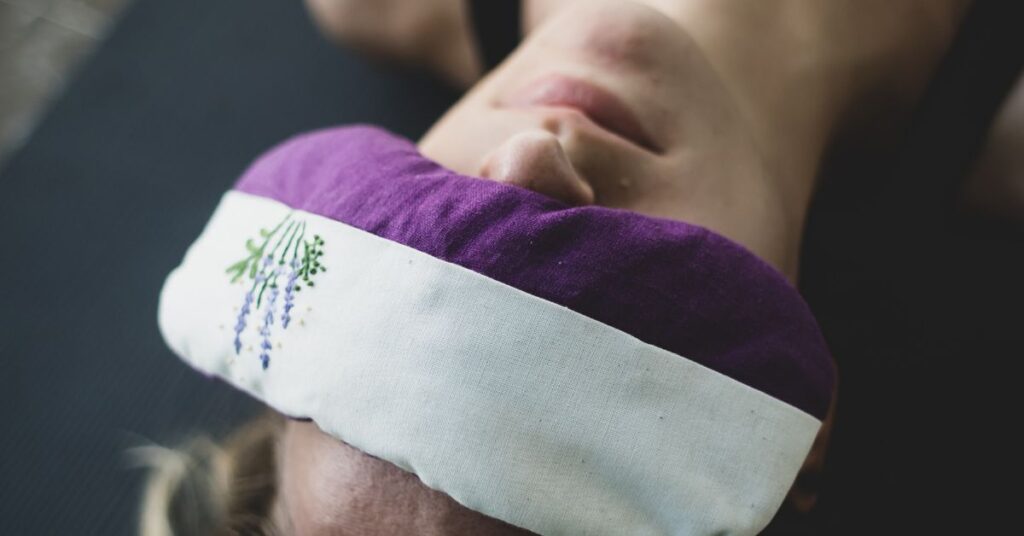Getting enough sleep can sometimes seem an impossible task. We can all list a series of adverse effects that poor sleep can have on our well-being: slower reactions, bad mood, poor appetite, loss of strength and a lowered immune system. You are less productive when you have slept badly. But did you know that it also has a major impact on your weight?
Not getting enough quality sleep is not good for anyone. Your body repairs itself while you sleep and you burn calories as well. However, in order to get good quality sleep, you have to put in maximum effort. Sleeping well is also hard work.
So how do you improve your sleep quality? And how do you turn a good night’s sleep into a habit? Actually, just like exercising, and any other good habit, you can learn to sleep. This requires a plan with discipline and consistency. Here are some tips to get you started.
1. Action!
Getting enough exercise during the day helps you sleep better and deeper at night. Make sure you go to bed at a reasonable hour so you can reach that magic 7 hours. Getting seven hours of sleep will make you the most productive and help you combat any potential health risks associated with not getting enough sleep. An extra hour of dozing off also has a positive effect.
2. Eat early
Eat early in the evening, and lightly. Avoid abundant, heavy and fatty foods just before bedtime. Avoid alcohol. Try to limit your caffeine intake and try to drink your last cup before 2pm. Above all, do not smoke. Nicotine is a stimulant that keeps us awake and affects the quality of sleep.
3. Listen to your body
If you’re constantly tired throughout the day, can’t shake off the morning doldrums or tend to oversleep on the weekends, there’s nothing that will help you out more than taking a good look at your sleep routine. Going to bed earlier or waking up later might be one of the options to improve your sleep. If your body is not functioning properly, it is literally telling you that you need more hours of sleep.
4. Consistency is key
Going to bed and waking up at the same time every day can make a big difference to your sleep pattern. Consistency helps you stick to a new sleep plan and, in the long run, helps you fall asleep faster. Constantly changing your bedtime and waking time will not help you get those 7 hours of uninterrupted, great sleep.
5. Bedtime is bedtime
Keep the TV out of the bedroom, put the phone a few metres away from you and put it on silent, because blue light has a negative impact on your sleep. Only put what you need to sleep on in your bedroom. Perhaps it’s an idea to invest in a blackout blind? Don’t leave any lights on after closing your eyes and make sure the room is quiet and not too warm. Perfect sleeping conditions are a must!
6. Monitor your progress
You can do this in different ways and one option is to keep a sleep diary. Fill it in with details of when you go to bed and when you wake up, how rested you feel when waking up, how energetic you feel during the day, how you feel after your workouts, etc.
Do this for a few months and you’ll have a pretty good idea of how your new sleep pattern is going, what you did on days you slept well and what you did on days you slept poorly.
With a diary you can build up an overall picture and find out what causes a bad night or see the benefits of consistently sleeping well. You can also start to piece together the dots between sleep, performance, mood and energy level.
7. Leave your worries for tomorrow
Write down your worries or to-do’s on a piece of paper, along with one or two steps to resolve them. Then, list at least three things you are grateful for on the same paper. This will help clear your mind, focus on positive thoughts, and achieve a more peaceful rest.
In addition to these measures, check if your mattress is in good condition (they last around 9 or 10 years) and ensure the room has a quiet and serene atmosphere that invites sleep.
Hopefully, these tips will lead to better sleep, a positive outlook, more productive days, and improved sessions at the gym and work. We understand the importance of training, so if early mornings are the only time to work out, make sure to go to bed earlier to compensate.
Good night and sleep well.

